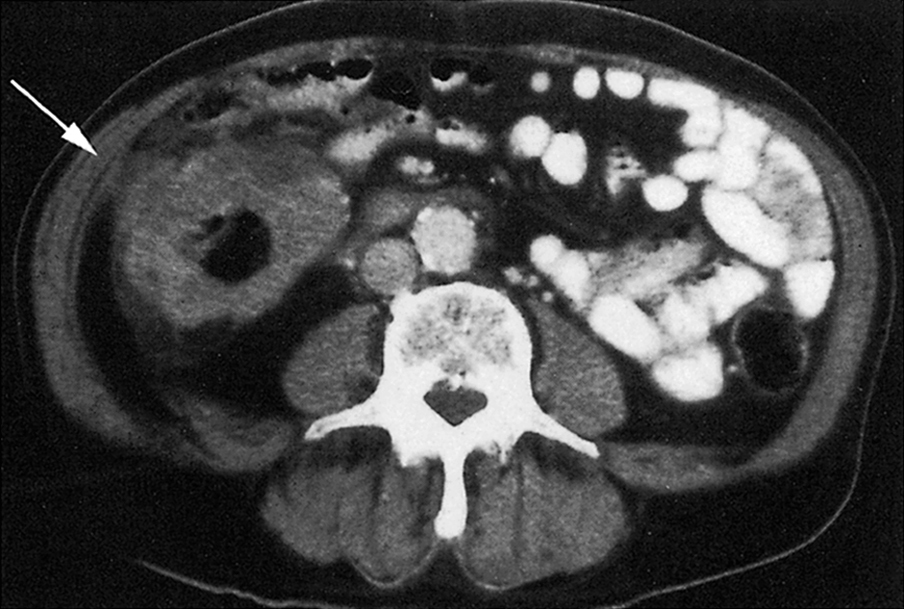colorectal cancer /kō′lərek″təl/ [Gk, kolon, colon; L, rectus, straight] , a malignant neoplastic disease of the large intestine, characterized by a change in bowel habits; the passing of blood (melena), which may be occult initially; and anemias. Malignant tumors of the large bowel usually occur after 50 years of age, are slightly more frequent in women than in men, and are common in the Western world. They are rare in children. Inherited syndromes (FAP, HNPCC) significantly increase the risk of colorectal cancer. The risk of large bowel cancer is also increased in patients with chronic ulcerative colitis, villous adenomas, and especially familial adenomatous polyposis of the colon. 75% of all colorectal cancers have no known predisposing factors, but people who have a high-fat diet and low activity levels may be more likely than others to have this cancer. In the vermiform appendix, carcinoid is the most common tumor. Most lesions of the large bowel are adenocarcinomas. These tumors have a long preinvasive stage, and, when they invade, they tend to grow slowly. ▪ OBSERVATIONS: Rectal tumors may cause pain, bleeding, and a feeling of incomplete evacuation. They may metastasize slowly through lymphatic channels and veins and occasionally prolapse through the anus. Typical napkin ring tumors in the sigmoid and descending colon grow circumferentially and constrict the intestinal lumen, causing partial obstruction and production of flat or pencil-shaped stools. Manifestations include progressive abdominal distension, pain, vomiting, constipation, cramps, and bright red blood on the stool’s surface. Malignant lesions in the ascending colon are usually large growths that may be palpable on physical examination; they generally cause severe anemia and nausea. There may be dark red or mahogany-colored blood mixed with the stool. The diagnosis of colorectal cancer is based on digital rectal examination, testing for blood in the stool, proctosigmoidoscopic examination of the sigmoid, and x-ray studies of the GI tract. Colonoscopy is the definitive test for colorectal cancer. Suspicious polyps may be removed for histological study, often through a sigmoidoscope or colonoscope or by laparotomy. ▪ INTERVENTIONS: Surgical treatment of colorectal cancer may involve a wide resection of the lesion, the surrounding colon, and the attached tissues. Tumors of the rectum may require removal of the entire rectum by abdominoperineal resection and the creation of a permanent colostomy. Chemotherapy and irradiation may be administered as palliative therapy or adjuvant treatment. ▪ PATIENT CARE CONSIDERATIONS: The care of the patient after a diagnosis of colorectal cancer focuses on coping with a possible loss of or alteration in body function, maintaining adequate nutrition, and preventing deterioration.

